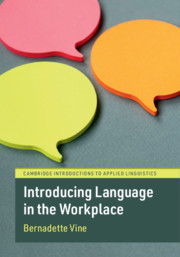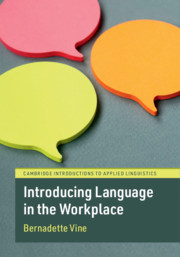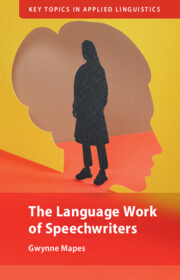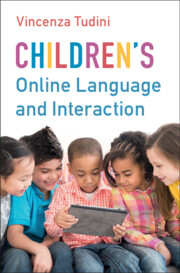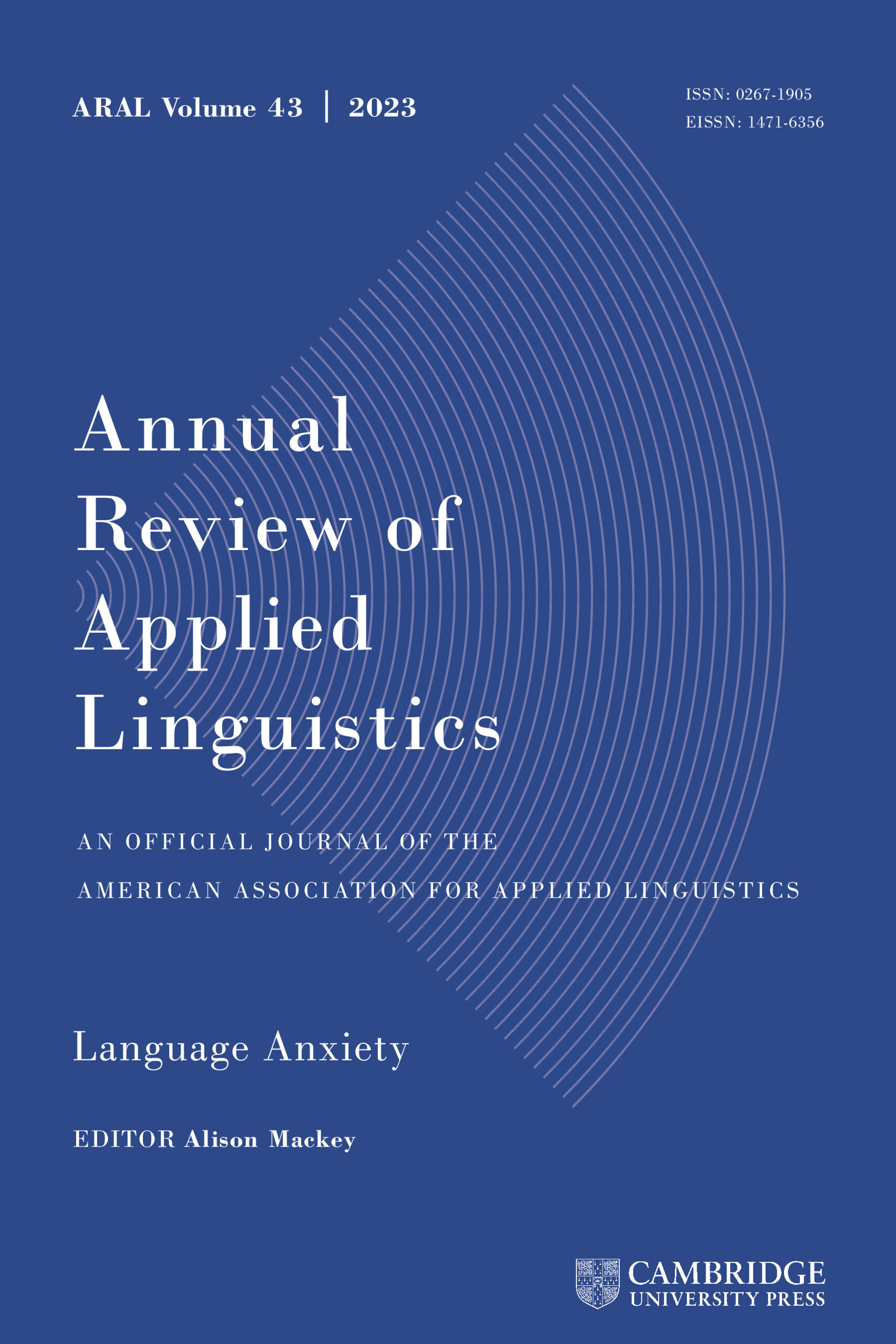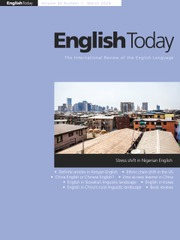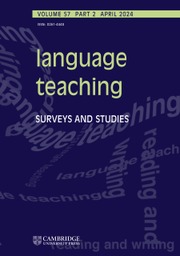Understanding the Language of Virtual Interaction
Since the advent of Web 2.0, the interaction of user-generated content on participatory platforms has democratized content creation and reshaped communication, identity, authority, and knowledge across various fields, from health to politics, amid the post-truth phenomena. This timely book provides essential insights into the transformative effects of the evolving digital landscape. It gives a comprehensive analysis of how areas such as health, politics, and language ideology have been influenced by digital communication, and explores how online spaces have amplified minority voices, promoting inclusion and representation, while also addressing the backlash that challenges human rights associated with Internet use and the free exchange of information. The book also examines the intersection of law and digital crime, revealing the legal challenges posed by the online world. As our understanding of identity, knowledge, and authority increasingly intersects with Generative AI, it also discusses the impact of intelligent tools and the challenges they present.
- Explores the challenges posed by the rapidly growing number of discourse communities online and the manner in which they can facilitate the spread and acceptance of misinformation
- Investigates human interaction online, the formation of virtual communities, the negotiation and legitimation of authority, and the emergence of new sources of expertise that challenge institutional authority by disseminating new knowledge
- Connects the discursive practice of (de)legitimization in digital communication across contexts and communities
Product details
August 2025Hardback
9781009328661
223 pages
229 × 152 mm
Not yet published - available from August 2025
Table of Contents
- 1. Introduction
- 2. Web 2, A digital revolution? 3. Digital communication and the 'post-truth' era
- 4. The formation of virtual communities: types, characteristics, and participants
- 5. The negotiation of meaning, knowledge, and authority online
- 6. (De)Legitimization of authority in digital communication
- 7. Competition with official institutions
- 8. Politics and participation in the digital public sphere
- 9. Human rights and social change in virtual spaces
- 10. Discourse and identity in a lawless digital universe
- 11. Conclusion
- References
- Index.


